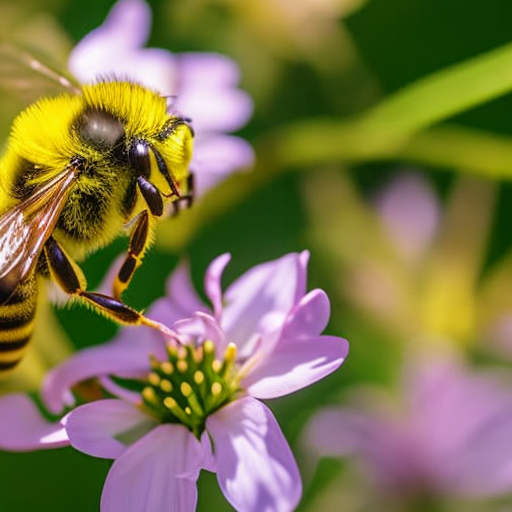Ecosystem services: Ecosystem services refer to the benefits that humans receive from nature and the functioning of ecosystems. These services can be categorized into four main types: provisioning services, regulating services, cultural services, and supporting services.
Provisioning services:
Provisioning services are the tangible products that ecosystems provide, such as food, water, and raw materials. Forests, for example, provide timber, while agricultural systems produce crops and livestock. These services are essential for human survival and economic development.
Regulating services:
Regulating services are the processes that ecosystems perform to regulate natural phenomena. They include climate regulation, water purification, and disease control. Forests, wetlands, and oceans play a crucial role in regulating climate by absorbing carbon dioxide and releasing oxygen. Wetlands act as natural filters, purifying water by trapping pollutants. Biodiversity also plays a key role in regulating pests and diseases.
Cultural services:
Cultural services are the non-material benefits that ecosystems provide, such as recreational opportunities, aesthetic value, and spiritual and cultural significance. Parks, beaches, and natural landscapes offer spaces for leisure activities and relaxation. Ecosystems also hold cultural and spiritual significance for many indigenous communities, providing a sense of identity and connection to the land.
Supporting services:
Supporting services are the underlying processes that enable other ecosystem services to function. These include soil formation, nutrient cycling, and pollination. Soil formation is essential for plant growth and agriculture. Nutrient cycling ensures the availability of essential elements for living organisms. Pollination, primarily carried out by bees and other insects, is crucial for the reproduction of flowering plants and the production of fruits and seeds.
Importance of ecosystem services:
Ecosystem services are vital for human well-being and sustainable development. They provide the foundation for economic activities, such as agriculture, forestry, and tourism. For example, the global food production system relies on the provisioning services of ecosystems. Ecosystems also play a crucial role in regulating climate, reducing the impacts of natural disasters, and maintaining water quality.
Threats to ecosystem services:
Despite their importance, ecosystem services are under threat due to human activities. Deforestation, pollution, overexploitation of resources, and climate change are some of the major threats. Deforestation reduces the provision of timber, disrupts water cycles, and contributes to climate change. Pollution, such as the release of chemicals into water bodies, can harm aquatic ecosystems and reduce their ability to purify water. Overexploitation of resources, such as overfishing, can lead to the collapse of ecosystems and the loss of provisioning services. Climate change, driven by greenhouse gas emissions, poses a significant threat to ecosystems and their ability to provide services.
Sustainable management of ecosystem services:
To ensure the continued provision of ecosystem services, sustainable management practices are essential. This includes conserving and restoring ecosystems, promoting sustainable agriculture and forestry, and implementing policies that protect biodiversity and natural resources. Sustainable management also requires considering the social and economic aspects of ecosystem services and incorporating them into decision-making processes.
In conclusion, ecosystem services are the benefits that humans receive from nature and the functioning of ecosystems. They encompass provisioning services, regulating services, cultural services, and supporting services. Ecosystem services are essential for human well-being, economic development, and environmental sustainability. However, they are under threat due to human activities, such as deforestation, pollution, overexploitation of resources, and climate change. Sustainable management practices are crucial for the continued provision of ecosystem services and the long-term well-being of both humans and the planet.












